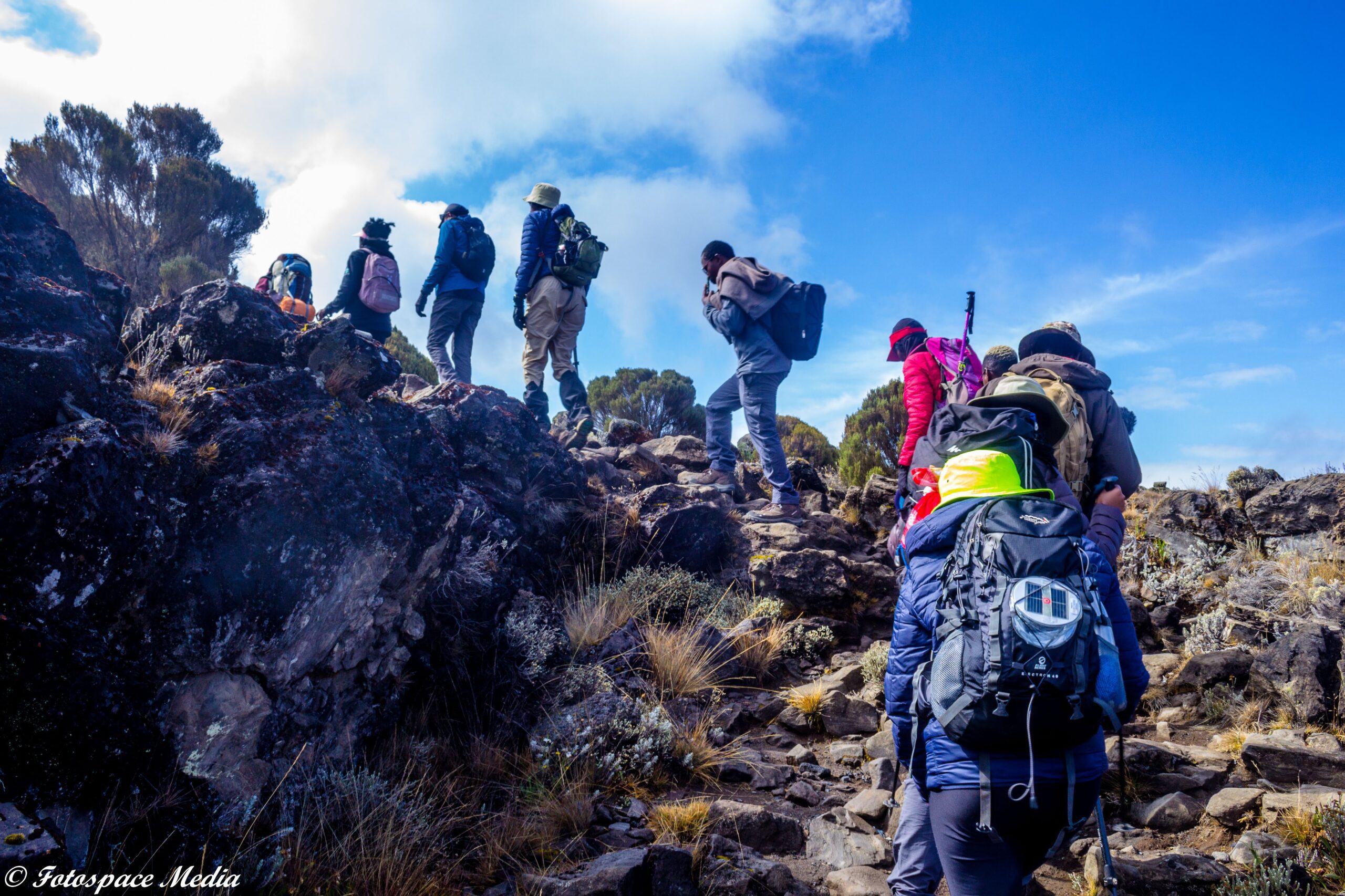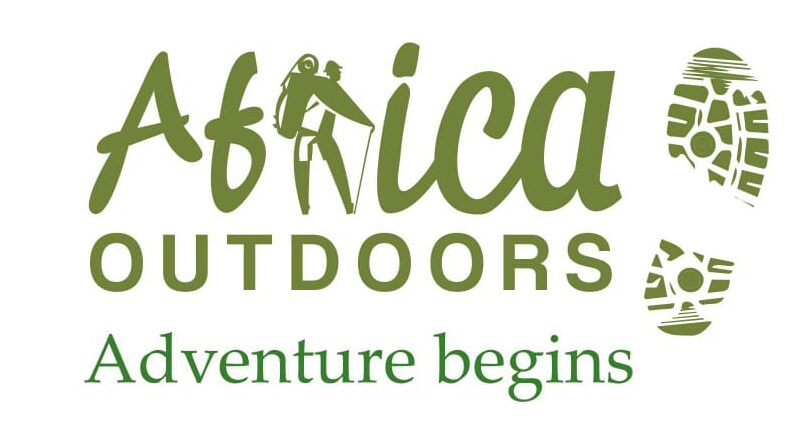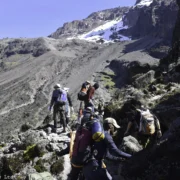
What to do if you get lost hiking
It can be a stressful situation, but try to stay calm and follow these steps to increase your chances of finding your way back or getting help:
- Stop and assess your situation: Find a safe spot to stop and take a moment to evaluate your surroundings. Look for any recognizable landmarks or signs that can help you determine your location.
- Retrace your steps: If you’re confident about the direction you came from, try to retrace your steps and go back the way you came. Look for any familiar landmarks or trail markers that you may have missed.
- Use navigational tools: If you have a map, compass, or GPS device, use them to determine your location and the direction you need to go. Identify nearby landmarks on the map or use the compass to orient yourself.
- Stay on the trail: If you’re on an established trail, it’s generally recommended to stay on it rather than venturing off into unknown terrain. Trails are typically marked and more likely to lead to a populated area or a point of interest.
- Make yourself visible: If you’re unable to find your way back or you need assistance, make yourself visible to others. Find an open area or a high point where you can be easily seen. You can also use a whistle or other signaling devices to attract attention.
- Signal for help: If you have a cell phone with signal, try calling for help. If there’s no signal, you can try sending a text message as it may go through even with weak signal. If you’re unable to use your phone, consider using a whistle, mirror, or flashlight to signal for help.
- Stay where you are: Unless you have a good reason to believe that moving will lead you to safety, it’s generally recommended to stay put once you realize you’re lost. Moving around can make it harder for rescuers to find you and increase the chances of getting more lost.
- Make shelter and conserve resources: If you anticipate spending the night outdoors, start building a shelter to protect yourself from the elements. Find a water source if possible, and ration your food and water to make it last longer.
- Stay positive and stay hydrated: It’s important to maintain a positive mindset and stay hydrated. Panic and dehydration can cloud your judgment and make the situation worse.
Remember, it’s always a good idea to be prepared before going hiking by carrying essential supplies, informing someone about your plans, and having a map or GPS device. If you’re hiking in a popular area, there may be hiking groups or park rangers who can assist you in case of an emergency.
Recent Posts
June 6, 2025Willy Mutai0 Comments
Mount Kenya Challenge Program
May 1, 2025Willy Mutai0 Comments
Mount Mtelo Sekerr Range-West Pokot
February 19, 2025Willy Mutai0 Comments
How Hard is it to Climb Mount Kilimanjaro
All Categories
Tags
Adventure
africaoutdoors
Altitude sickness
arusha
batian
batian.nelion
chogoria
elgon
Hiking
hiking adventures
kamweti
kiAdventure
kili
Kilimanjaro
kitale
lake ellies
lemosho
lenana
machame
marangu
marich
moshi
mountains
mount Kenya
mount Kilimanjaro Adventure
mtelo
mtmeru
mt mtelo
nairobi
namanga
nanyuki
naromoru
nelion
oldmoses
Outdoor
pokot
rongai
routes
sekerr
shipton
sirimon
tours
travel
ubwe
uhuru peak

Wildlife
Thailand




